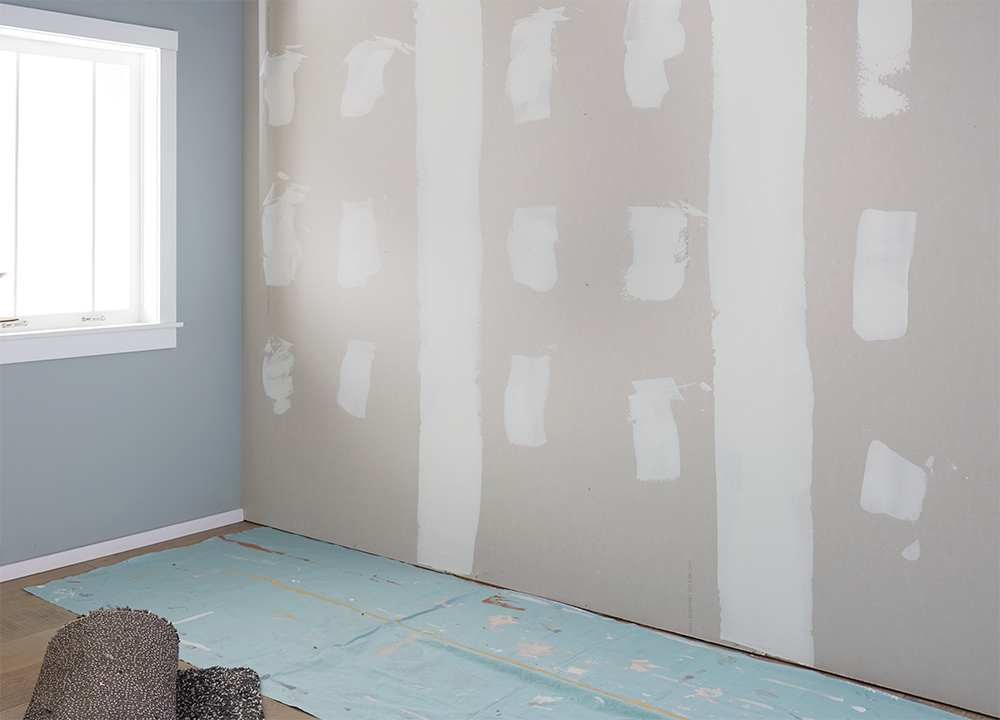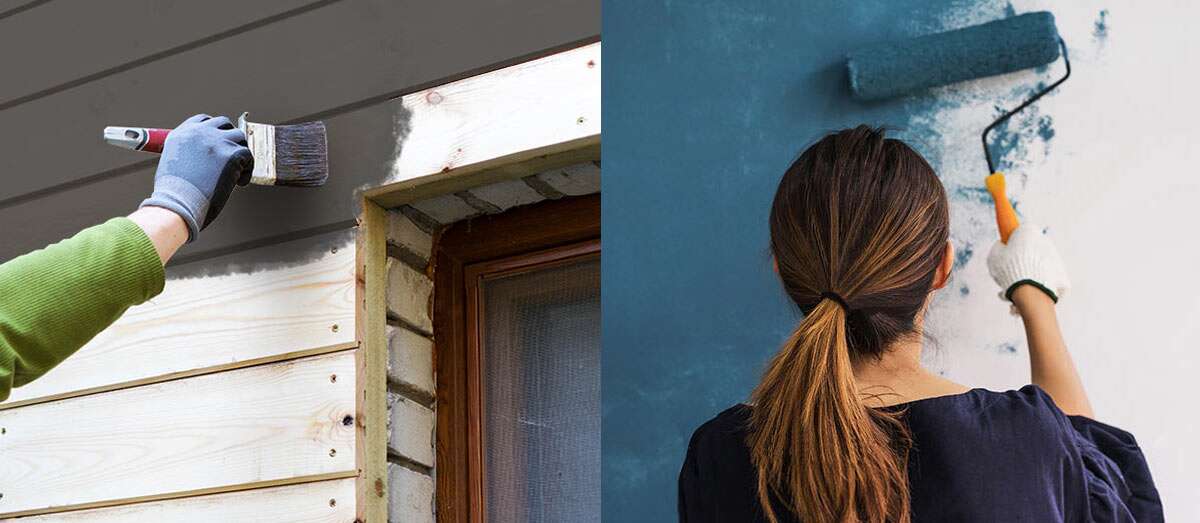Whether you’re planning to paint the interior or exterior of your home, selecting the right primer is essential for achieving a high-quality finish. That’s why Prime Paints offers a variety of specialized primers, each designed to work effectively on different surfaces and substrates.
What to Consider Before Starting Your Paint Project
Before you begin any painting project, it’s important to identify the type of surface you’ll be painting and priming. Because different substrates can affect how coatings adhere and perform, selecting the right primer for your surface is crucial for achieving a successful outcome.
Start by evaluating the condition of the surface you’ll be painting. Are there any areas with peeling paint, mold, or excessive dirt? These issues will need to be addressed before you begin priming or painting.
Additionally, consider the environmental conditions of the location where you’ll be painting. Will the surface be exposed to dampness or fluctuating temperatures? These factors can affect the performance of the primer and paint you choose, so it’s essential to take them into account.
Identifying Your Substrate

The first step in choosing the right primer is to identify the type of surface you’ll be painting. Most interior walls and ceilings are covered in drywall, which is highly porous and can absorb a lot of paint. To avoid using excessive coats of paint and achieve the desired color and finish, Golamco recommends using a drywall primer or PVA. This will help seal the surface and minimize the amount of paint needed, resulting in a smoother finish and lower cost.
Unfinished wood is another common substrate that requires special attention. Bare wood is porous and grainy, so it’s important to apply a primer that penetrates the wood fibers, seals the surface, and creates an even base for painting. Applying paint to bare wood without a primer coat can result in a blotchy and uneven finish. Additionally, some wood species, such as redwood, can secrete tannins that may impact the appearance of the topcoat. To prevent this, use a stain-blocking primer before finishing with the topcoat.
Masonry and concrete surfaces can also be challenging to paint without the proper primer. These surfaces are porous and require a coat or two of primer to create a smooth finish for the paint to adhere to. Fresh concrete, in particular, has a high pH value that can cause adhesion problems when applying paint, resulting in color fading over time. Using an alkali-resistant primer can help to protect the finish and ensure the paint bonds correctly to the surface.

Metal surfaces require a primer to prevent rusting, especially if the metal is uncoated or bare. Metal primers are formulated with unique ingredients to make the surface more resistant to rain, humidity, and salt, which can cause corrosion over time.
Lastly, plastics are non-porous, which can make it challenging for the paint to adhere correctly. To prime plastic surfaces effectively, sand the surface first, paying special attention to any edges, curves, or areas with intricate detail. Then use a high-adhesion primer to help the topcoat paint adhere to the surface as intended.
Choosing the Right Primer for the Job
At Prime Paints, we understand that some primers may solve a combination of issues with one product. However, they may not be formulated to address more severe or complex issues. By considering the surface type, its condition, issues to be addressed, and environmental factors, you can choose the right primer for the job.
Whether you are covering a dark color with a light one, painting metal to prevent corrosion, or tackling any other challenging substrate, we recommend using a specialty primer for a successful outcome. Our range of primers is engineered and formulated to solve the unique types of challenges presented by different substrates, ensuring that your paint project looks great and lasts for a long time.


0 Comments